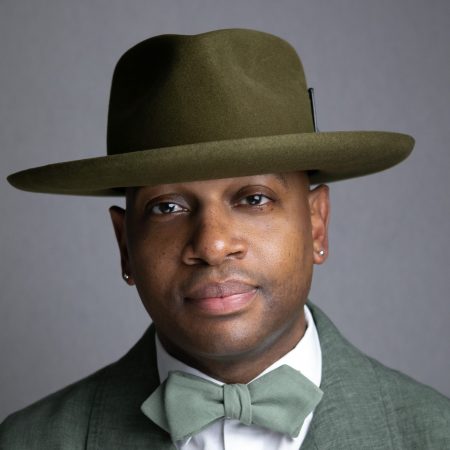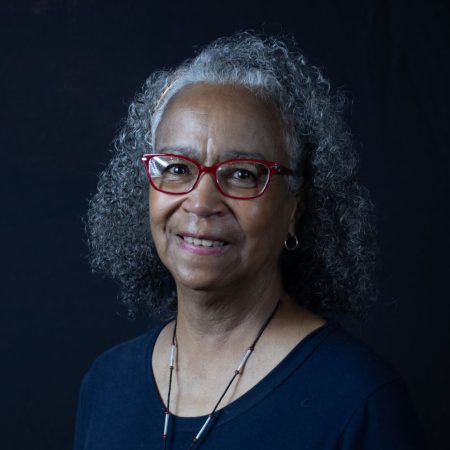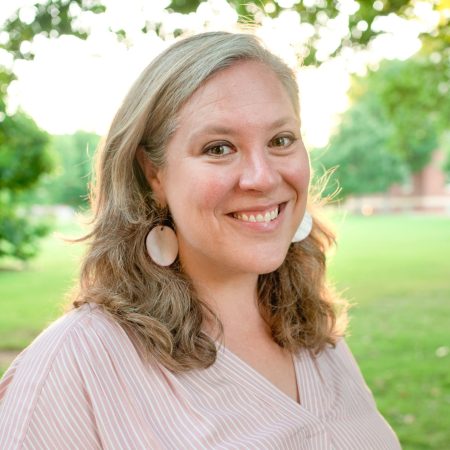2022 Election
In 2022, there were two ballots, one for officers and one for proposed Bylaw amendments.
Candidates’ Election
On the first ballot, AFS members voted for:
- AFS President (President Elect, 2023; President, 2024-2025; Past President, 2026)
- three seats on the Executive Board (three-year term, 2023-2025)
- one seat on the Nominating Committee (three-year term, 2023–2025)
Secure online voting on this ballot began November 22 and closed on December 23.
Proposed Bylaw Amendments
Also this year, AFS members voted for five proposed bylaws changes, to go into effect in 2023. These proposed amendments aimed to make AFS more adaptable, agile, and sustainable for the long term. See below for more information about the proposals.
In response to a request for more time for public discussion of the proposed amendments before voting begins, the first ballot members received was limited to the candidates for office, and voting on the bylaws amendments took place on a separate ballot. Voting on the bylaws ran from December 15 to January 31.
Join the Discussion
AFS offered Town Halls and two channels for written comments to support public discussion of the proposed amendments.
2022 Candidates
Each of the candidates put forward by the AFS Nominating Committee (Anika Wilson, chair, with members Sarah Gordon, Fernando Orejuela, and Guha Shankar) provided a summary professional biography and statement, which you can find below.
Those elected took office on January 1, 2023.
Candidates’ Forum
A virtual Candidates’ Forum was held on November 18 and the recording is available to watch now:
President
Amy Skillman
Amy Skillman is the Academic Director of the MA in Cultural Sustainability at Goucher College. Throughout her career, she has worked in non-profit organizations, higher education institutions, and government agencies to design programs that sustain artistic traditions while striving for cultural equity.

Juwen Zhang
Juwen Zhang is Professor of Chinese Studies and Folklore at Willamette University. Having initiated the Transnational Asia-Pacific Section in 2005 and later served on the Nominating Committee and the Executive Board, he is now a Fellow of AFS and President of the Western States Folklore Society

Executive Board Candidates
Junious Brickhouse
Junious L. Brickhouse, Director of Next Level and founder and Executive Director of Urban Artistry, Inc, is an internationally established, award-winning urban dance educator, choreographer, community leader, and cultural preservationist dedicated to sustaining urban dance culture and community.

Ann K. Ferrell
Ann K. Ferrell is currently Associate Professor of Folk Studies at Western Kentucky University. Her experience includes undergraduate and graduate teaching, publicly engaged folklore research and programming such as festivals and exhibits, and serving as the Editor-in-Chief of the Journal of American Folklore (2016-2020).

Emily West Hartlerode
Emily West Hartlerode is the state folklorist and director of Oregon Folklife Network, the designated partner of the Oregon Arts Commission, housed at the Museum of Natural and Cultural History on the University of Oregon campus.

Steven Hatcher
Steven Hatcher is the state folklorist and director of the Folk and Traditional Arts Program at the Idaho Commission on the Arts. A public sector folklorist with 21 years of experience, Steven spent a decade living in four countries and on as many continents.

Jerrilyn M. McGregory
Jerrilyn M. McGregory is a professor in folklore in the Department of English, Florida State University. She is the winner of the 2022 Chicago Prize in folklore, past president of the Florida Folklore Society, and former chair of the Florida Folklife Program and of the AFS Cultural Diversity Committee.

Cory W. Thorne
Cory W. Thorne (he/they) is Associate Professor in the Department of Folklore at Memorial University of Newfoundland and Labrador, Canada. Cory has served as convener of the AFS LGBTQIA+ Section, president of the Folklore Studies Association of Canada.

Nominating Committee Candidates
Carrie Hertz
Carrie Hertz is Curator of Textiles and Dress at the Museum of International Folk Art in Santa Fe, New Mexico.

Sarah Milligan
Sarah Milligan is Head of the Oklahoma Oral History Research Program (OOHRP) at the Oklahoma State University Library.

Proposed Changes to AFS Bylaws
The Executive Board of the American Folklore Society proposed five amendments to the AFS bylaws for your consideration on the 2022 election ballot, to go into effect in 2023. These proposed amendments aimed to make AFS more inclusive, adaptable, agile, and sustainable for the long term.
On the 2022 election ballot, members were presented with each proposed Bylaws change, which were voted on individually, though Proposal 5 was contingent on the outcome of Proposal 4.
Each proposal had to be approved by two-thirds of the voters to pass.